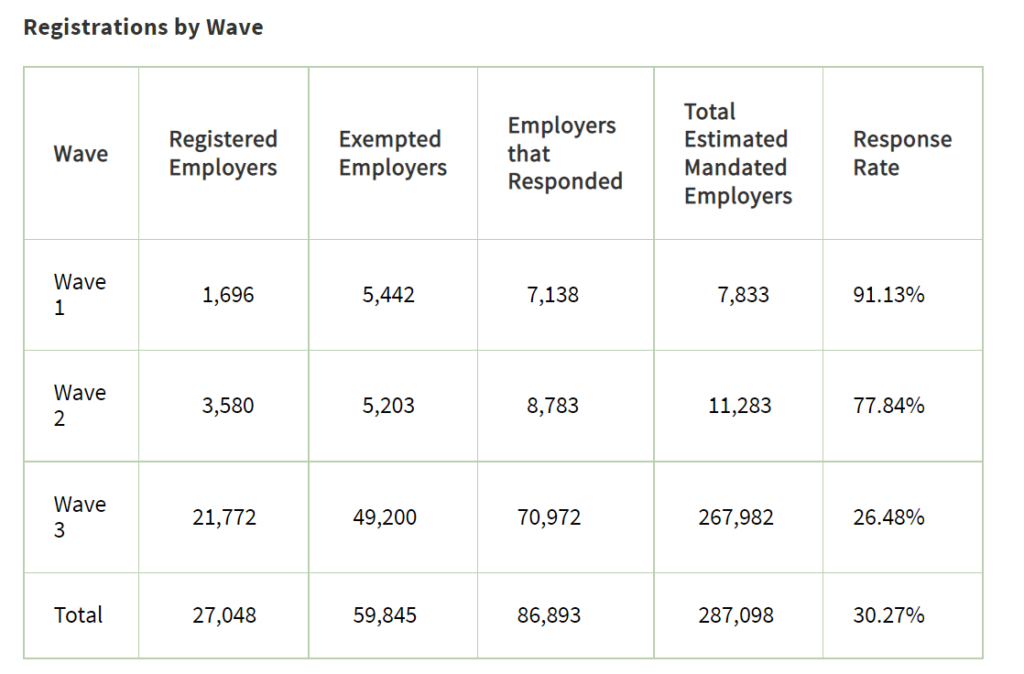Graphic:

Excerpt:
The Bank of England has been forced into emergency action to halt a run on Britain’s pension funds after the impact of Kwasi Kwarteng’s ill-received mini budget prompted fears of a 2008-style financial crisis.
Threadneedle Street said the fallout from a dramatic rise in government borrowing costs since the chancellor’s statement had left it with no choice but to intervene to protect the UK’s financial system.
City sources said the surprise move, less than a week after Kwarteng’s unfunded tax giveaways, was needed to halt a “doom loop” in the bond markets that risked draining pension funds of cash and leaving them at risk of insolvency.
….
Interest rates on government bonds, or gilts, have risen sharply since the chancellor’s £45bn package of tax cuts – making it punitively expensive for thousands of pensions funds to fund their hedging activities.
Officials in the Financial Services Group of the Treasury were at an away day – said to have been held at the Oval cricket ground in London – on Wednesday, but returned to their desks that afternoon. A source said they were not working on the response to the Bank of England’s announcement.
The Bank’s action helped provide Kwarteng with some respite from the financial markets after three days of turmoil that has seen sterling hit its lowest ever level against the dollar, strong criticism of the mini-budget from the International Monetary Fund, about 1,000 mortgage products pulled and interest rates on UK government bonds hit their highest level since 2008. Bond yields fell while the pound recovered in the currency markets after Threadneedle Street’s announcement.
Author(s): Larry Elliott, Pippa Crerar and Richard Partington
Publication Date: 28 Sep 2022
Publication Site: Guardian



